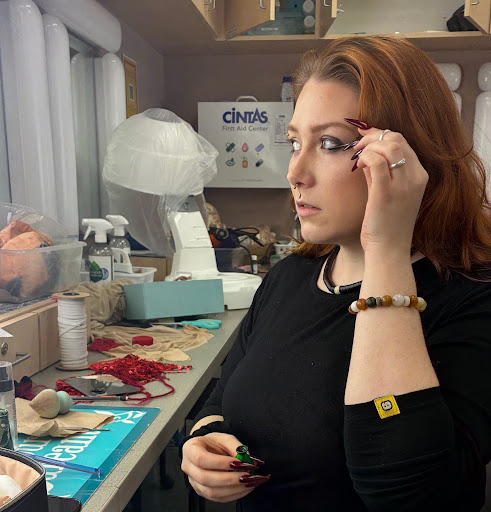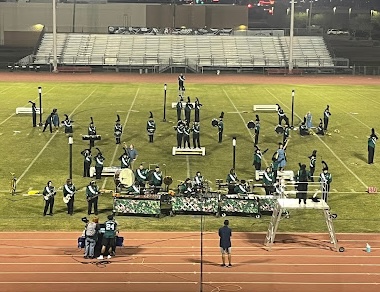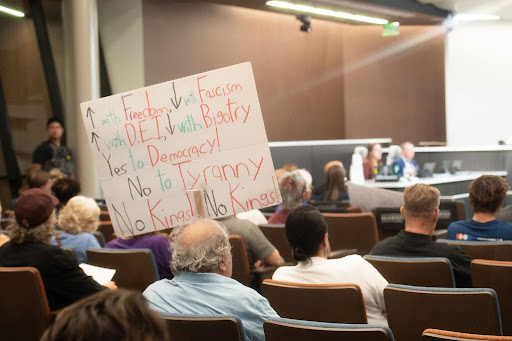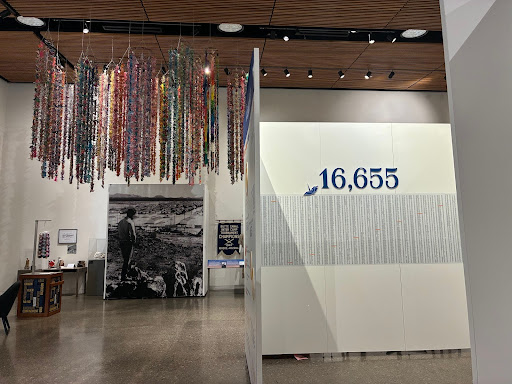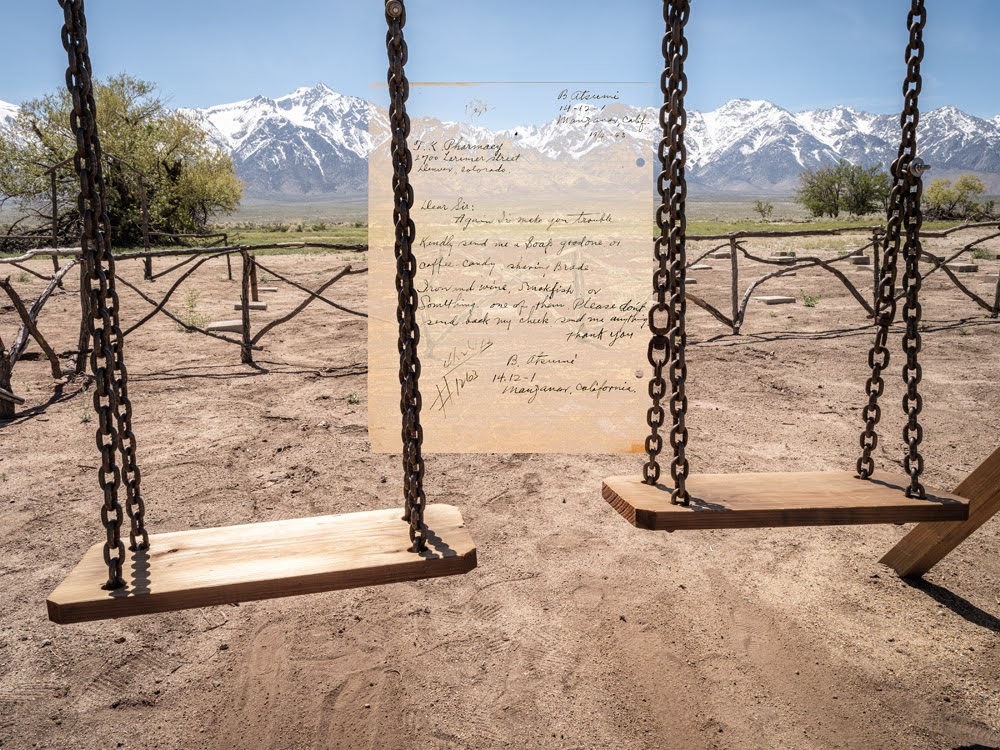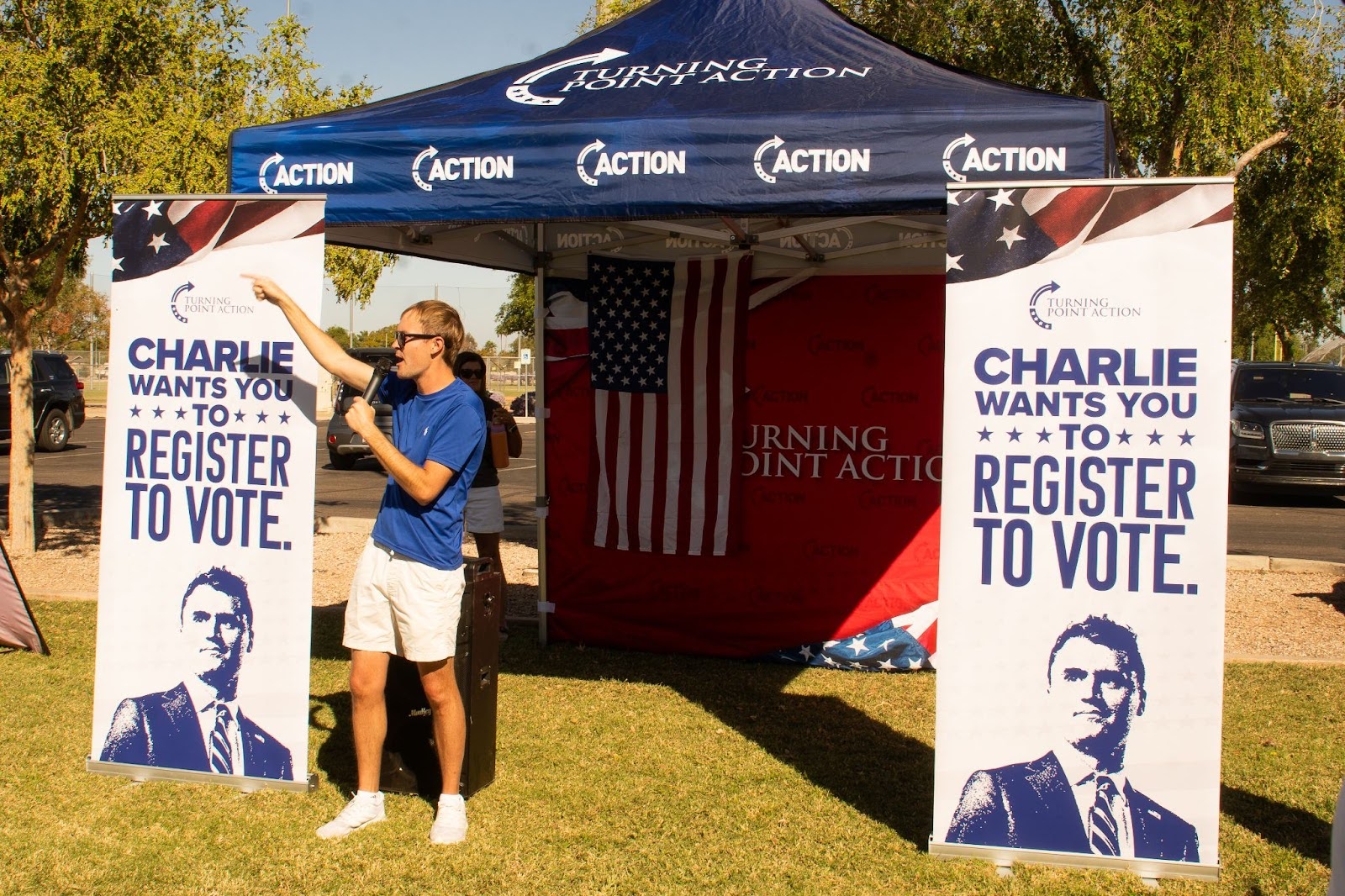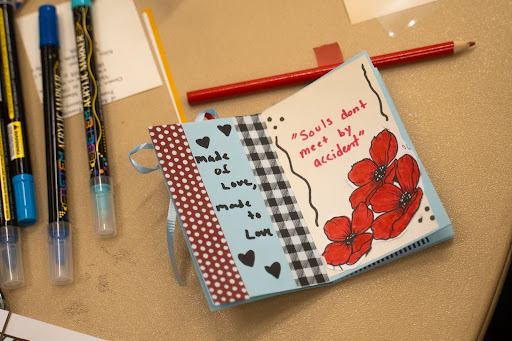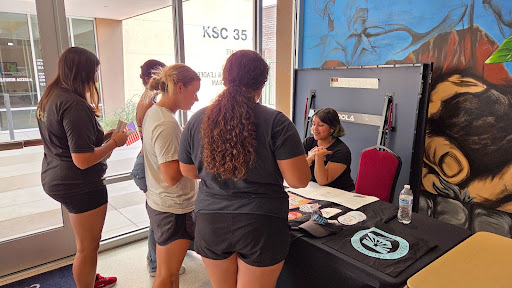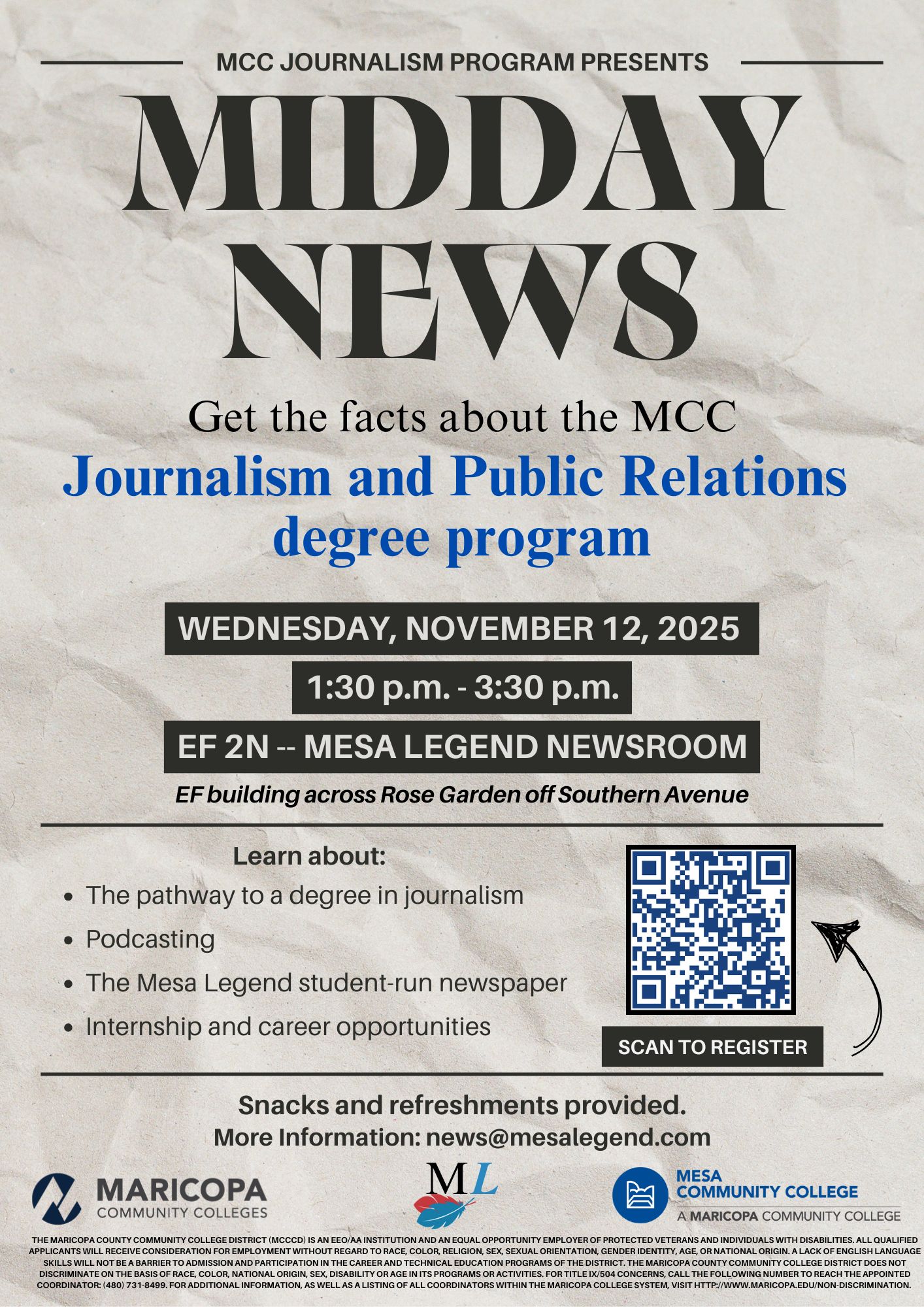Student accuses MCC counselor of verbal abuse
Joseph Starkloff , Ben Garcia, Ryan McCullough
Former MCC student Walt Porter has filed a formal complaint against counselor Hubert Ross for verbal abuse about Porter’s sexuality. Porter, who has written and been an editor for the Mesa Legend, met with Ross last October when he was working on an article about classroom romance at MCC for his Journalism 215 class.
He claimed that after Ross explained he was unable to answer his questions about college relationships, the conversation took a negative turn.
According to Porter, Ross asked him about his classes and he told him he intended on getting a degree in journalism or sign language and then transferring to ASU. Ross then inquired if Porter had a girlfriend who attended there. Porter answered no, but told Ross he had a boyfriend who lived in Phoenix.
Porter said that Ross then repeatedly said the word boyfriend in an inquisitive and demeaning tone. “You’re all twisted up, aren’t you?” Porter claims Ross said.
Porter said Ross continued with disparaging questions and comments. He said that it included Ross telling him his sexuality was not natural and that his soul was dead.
“He wanted me to feel really low. It made me feel like . I’m being attacked right now,” Porter said.
After the meeting with Ross, Porter told Jack Mullins, the instructor from his journalism class and the faculty adviser to the Mesa Legend, about what transpired.
“I went to Jack and I was almost in tears. I didn’t know what to do,” Porter said.
After his conversation with Mullins, Porter decided to inform MCC President Shouan Pan about his experience.
Porter said that getting the opportunity to speak with Pan was extremely difficult. Pan’s office redirected him to Karen Hardin, the chair of the counseling department, but Porter said he was not comfortable talking with an individual in the same department as Ross.
“I (wanted) to find a way to get to Dr. Pan, and they were giving me the runaround . because there’s some kind of chain or something. I decided that it was crazy, you know, that I had to go through all these hoops,” he said.
He said that he eventually spoke with Joni Grover, the dean of student services, and was given a choice of what action to take but didn’t feel he was given enough information or advice. On April 4, Grover declined to comment about the situation.
“They were like, ‘Oh, you have to decide on your own.’ I didn’t know what the consequence would be or how long it would take to see some kind of response from either one. It just felt like I was just by myself,” Porter said.
The options were filing a formal or informal complaint.
After meeting with Equality Maricopa President Dale Heuser, which Heuser confirmed, and Kenneth Creech, a faculty adviser for the Gay and Straight Alliance (PRISM), Porter decided to file a formal complaint because of a possible harsher punishment if the investigation upholds Porter’s accusations.
The investigation started last semester, as confirmed by Heuser, Pan, and Porter. Porter claimed his latest update on the investigation was within the last month.
“One of the last meetings I had with Sonya Pearson (vice president of student affairs) she gave me what he (Ross) wrote. It was completely false. He said I gave the information voluntarily about being a gay man, and that I was thinking about dropping out. I guess his rationale for calling me all twisted up was because I wasn’t sure of my major,” Porter said.
“I told him that I really liked sign language and I really liked journalism, and so he took that as me not (knowing) which direction I wanted to go. I know what happened and he blatantly lied about what happened. Reading over the information that he wrote out I just couldn’t believe it,” Porter said.
Heuser was unsure of the investigation’s current status, but said that Rory Gilbert, the senior manager of diversity and engagement, would be knowledgeable on the complaint process.
“I do know that he (Porter) was very frustrated in the speed that the process was taking, but that’s very typical (of the process),” Heuser said.
Gilbert said she was unsure of the process for students and referred the Legend to the MCCCD policy Web site.
The District’s Legal Department said the Office of Public Stewardship (OPS) would have a clear understanding of the complaint process.
Tina Emmons, the administrative assistant of the OPS, explained there was a chain of command and time expectancy that should be available to employees and students through the student handbook.
“Each college has its own autonomy so each college has its own way of advertising the information (of the complaint process). They should be following the same policy regardless of the location,” Emmons said.
Porter acknowledged that he had read the student handbook before registering the complaint against Ross, but felt it was not written clearly.
“It was hard to understand without a mediator or someone (that) could explain to me what would happen,” Porter said.
Pan has said he knows of the situation but refused to make a comment on its current progress.
Ross and Creech have not responded to attempts to contact them.
Porter currently attends Phoenix College. He said the incident with Ross had no affect on his decision to transfer there.
TIME LINE FOR FILING A FORMAL COMPLAINT
1) The Vice President of Student Affairs will accept complaint filings within 300 calendar days of the most recent occurrence.
2) Upon receipt of a complaint, the Vice President of Student Affairs will notify the college president. A copy of the complaint will be shared with the accused (respondent) within five working days.
3) Respondent must provide a written reply to the complaint within 15 calendar days.
4) After accepting a complaint, the Vice President of Student Affairs will designate a complaint investigator to conduct a fact-finding investigation.
5) The complaint investigator shall promptly complete the investigation.
6) In no event shall this occur later than 90 calendar days after receipt of the complaint.
7) Within 10 working days following receipt of the results of the investigation, the Vice President of Student Affairs will submit to the President the investigator’s written findings and the Vice President’s recommendations as to the disposition of the complaint.
8) The President will accept, reject, or modify the recommendations and will provide a written notification of his or her action to the complainant and respondent within 15 calendar days of receiving the written findings and recommendations.
